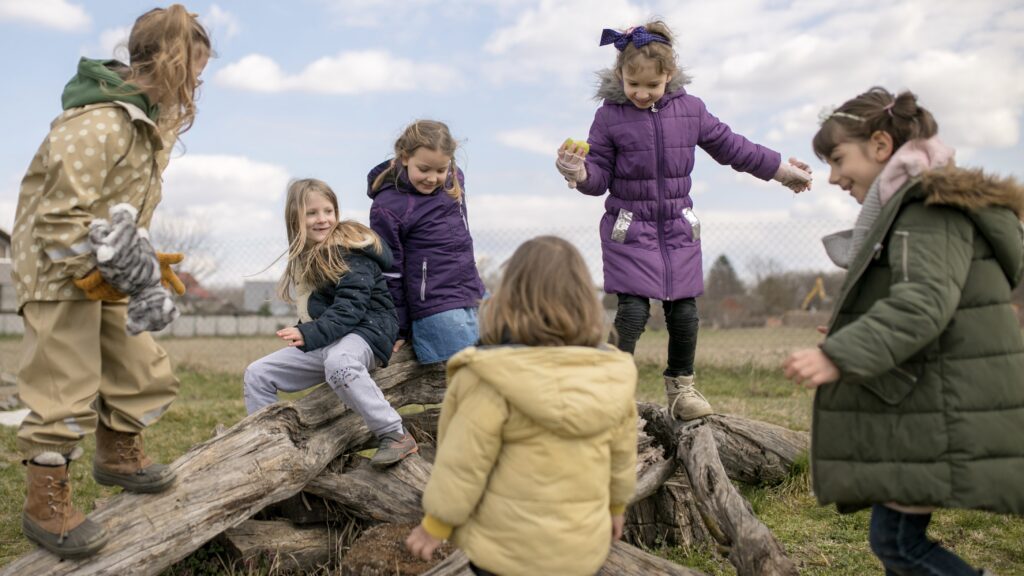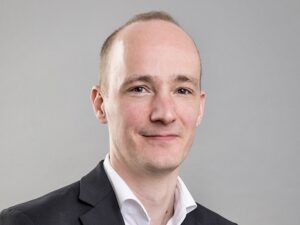Brussel, 15 January 2024
Bringing our take on key competences to the EU policy arena

As part of the Lifelong Learning Week 2023, on 29 November in Brussels, we welcomed 25 participants to discuss the development of key competences in formal education settings.
Creating space for the development of a child’s potential in school
Kath Bransby from Waldorf UK and our pedagogical advisor, Martyn Rawson, presented the idea that competences emerge from children’s potential across different areas of learning. They explained that the capacities and dispositions which Waldorf education particularly values are seen as a potential in all children, and can be identified as moving/doing/making, language and communication, noticing and enquiring, well-being, empathy, imagining, literacies, aesthetics, holistic thinking, learning to learn, democratic capability, and making judgements. Using the Waldorf UK case as an example, they clarified the role of a school curriculum in providing rich opportunities for the continuous, cross-curricular, and age-appropriate development of these potentialities.
Relating potentialities and Core Capacities for Living and Learning
In his contribution, Dominic Richardson from the Learning for Well-being Institute drew parallels between the concept of potentialities and his work on the UNICEF report What Makes Me? Core Capacities for Living and Learning. The report recognises nine core capacities that are developed from infancy all throughout adulthood, but the degree of their development depends on enabling environments, such as schools. He also emphasised that the development of a child’s unique potential relies on their mental, spiritual, physical, and emotional development, which all have their dedicated place in a Waldorf curriculum.
Bringing in the European Union perspective on key competences
Maria Podlasek-Ziegler represented the DG EAC of the European Commission at the event. She explained how the Commission is shifting its understanding of learning towards a more holistic view of education as intrinsic to human life, where the learner is a constructor of knowledge, which does not occur unless it is linked to experience. In its documents, the EU recognises eight key competences consisting of a set of knowledge, skills, and attitudes. The development of these competences asks for a lifelong-learning perspective, needs a variety of learning environments, and a whole-school approach. She acknowledged the positive example that Steiner Waldorf schools are setting in this regard across Europe.
Want more? Watch the highlights from the event
A question? Please don’t hesitate to contact us!




